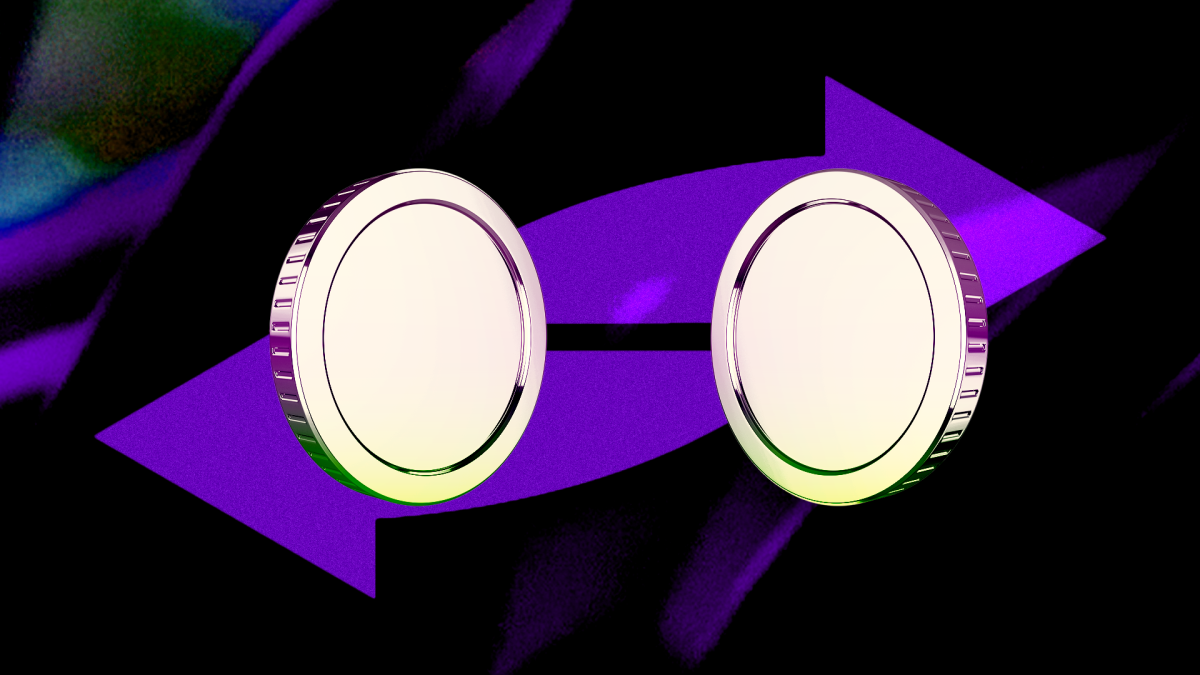
Particle Network, a modular blockchain developer focused on chain abstraction technology, has raised $15 million in a Series A funding round.
The Spartan Group and Gumi Cryptos Capital co-led the round, with SevenX Ventures, Morningstar Ventures, Flow Traders, HashKey Capital and others participating, Particle Network said Thursday.
The project began raising funds for the Series A round in March and closed it last month, Particle founder and CEO Pengyu Wang told The Block. The round was structured as a simple agreement for future tokens (SAFT), Wang said, declining to comment on the valuation.
The Series A round brings Particle’s total funding to $25 million — having previously raised $10 million across three funding rounds.
What is Particle Network?
Particle Network is a modular Layer 1 blockchain focused on chain abstraction technology, which simplifies developer and user experiences.
Particle’s key offering is “universal accounts,” which allow users to use funds from any chain to transact across the blockchain ecosystem. Universal accounts are supported by two underlying functionalities — “universal liquidity and universal gas” — which enable users to spend their tokens across any chain and pay for gas or transaction fees in any of their tokens.
“With universal accounts, users no longer need to bridge or manually manage accounts across chains, and developers can onboard users from anywhere in the ecosystem,” Wang said.
Particle Network is currently in testnet phase 1 and claims to have already registered around 1.3 million universal accounts and over 114 million transactions.
Particle Network is built using the Cosmos SDK and made Ethereum Virtual Machine-compatible with Berachain’s BeaconKit framework, Wang said, adding that Particle’s core competitors include NEAR (through its chain signatures technology) and Polygon’s AggLayer (through its chain unification technology).
While Particle is now focused on chain abstraction, its first offering was wallet abstraction technology that helped developers onboard users via social logins instead of typical crypto wallets. Particle said its wallet abstraction technology has been integrated by over 900 decentralized applications, securing over $2 billion worth of user assets.
Particle network mainnet and token launch
Particle Network’s testnet phase 2 is expected to launch this week, with the mainnet launch scheduled for the third quarter of this year, Wang said. The Particle token, PARTI, will also launch alongside the mainnet, Wang added.
With fresh funding in place, Particle looks to expand its current team of over 30 people to more than 40, Wang said, adding that the project is hiring for roles in the engineering and operations functions.
Particle also plans to onboard more developers, public blockchains and decentralized applications utilizing its chain abstraction technology, Wang said, adding that the project also looks to grow its community through marketing initiatives.
